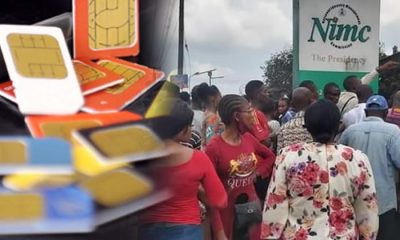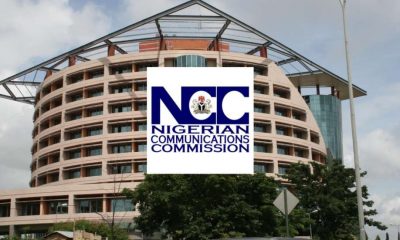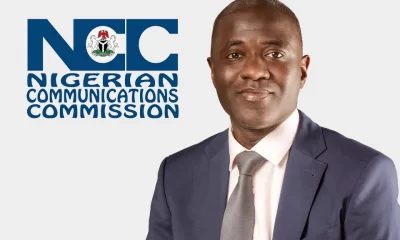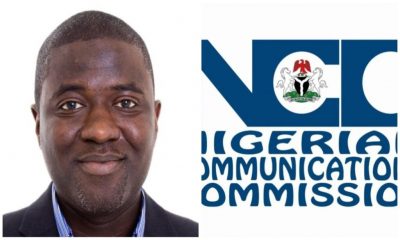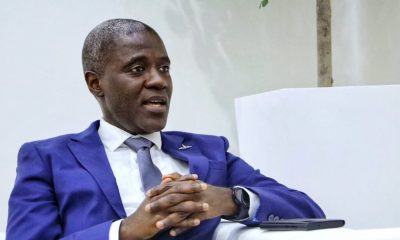IT is widely acknowledged that no modern economy can be sustained today without an integral telecommunications infrastructure. This is true for Nigeria as it is true for many countries where telecommunications is the fulcrum of the economy. In Nigeria, telecommunications has witnessed a rapid growth such that banking, healthcare and education are today inconceivable without telecommunications.
But inspite of the revolution in the sector, the telecom industry in the country has continued to battle challenges. Subscribers have complained of poor mobile services manifesting in frequent cases of dropped and unclear calls, difficulty in calling other networks and in sending text messages. The problems are worse when the service providers engage in promotions, which further jam the network.
The problems experienced by subscribers are said to be due to capacity challenge in the sector. Poor investment in telecoms infrastructures is a challenge the NCC has battled with and is still battling. The commission has had to invoke its powers of sanctions to get operators to do the right things. The result is that services are far better now than what is used to be.
But the operators are also challenged by the operational environment and the commission had to also address those challenges. The operators have raised concern about tarrifs imposed on them, multiple taxation and multiple regulations. A situation where the federal government levies tax on them, and the state and the local governments also levy the same tax is not conducive for investment. But the NCC management through collaboration with the Federal Inland Revenue services, FIRS, and the Joint tax board has largely addressed those concerns.
The commission set up the industry working group to discuss the problems and articulate solutions. Multiple taxation and levy imposition on telecoms operators inhibits the operational effectiveness of services providers with the attendant negative impact on quality of service delivery. To address the situation, the commission through a stakeholder-working group engaged in consultations with the three tiers of government on the issue.
The commission also got the nod of the federal government to pass the recommendations made by the working group to the National Economic Council, NEC, which eventually approved them.
The commission in conjunction with the federal ministry of Communication Technology continues to engage directly with state governors on issue of common interests.
In Lagos State, for instance, the engagement with the state government on the issue of multiple taxation and regulation of telecoms infrastructure like masts, towers, base stations and right of ways has led to better understanding and seen to the massive slashing of right of way fees in Lagos from N5, 000 per linear metre to less than N300. The Federal Ministry of Works has also slashed its right of way fees on federal highways to N145 per linear metre.
Not only are operators challenged by multiple taxation and regulation, they are also facing challenges of infrastructure security. Base stations have been attacked by angry youth demanding one form of gratification or the other, and telecoms facilities have been vandalized or stolen.
It is in order to address these concerns that the government drafted the Critical National Infrastructure Bill now before the National assembly. When the bill is passed, it would prevent the government from just locking up base stations at will. It will also prevent anybody whether government or individual from interfering with telecommunications infrastructure. The bill has stipulated severe penalties for anyone who contravenes its provisions. The bill also makes it easier for operators to get site approval and maintenance.

 Featured1 week ago
Featured1 week ago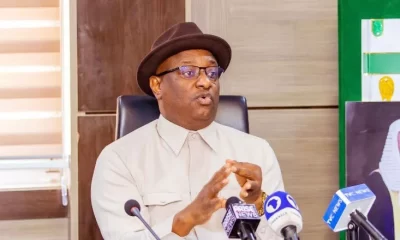
 Aviation1 week ago
Aviation1 week ago
 Business4 days ago
Business4 days ago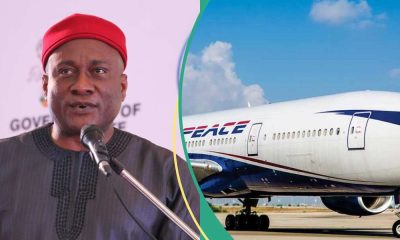
 Aviation6 days ago
Aviation6 days ago
 Business3 days ago
Business3 days ago
 Featured1 week ago
Featured1 week ago
 Education4 days ago
Education4 days ago
 Crime4 days ago
Crime4 days ago


